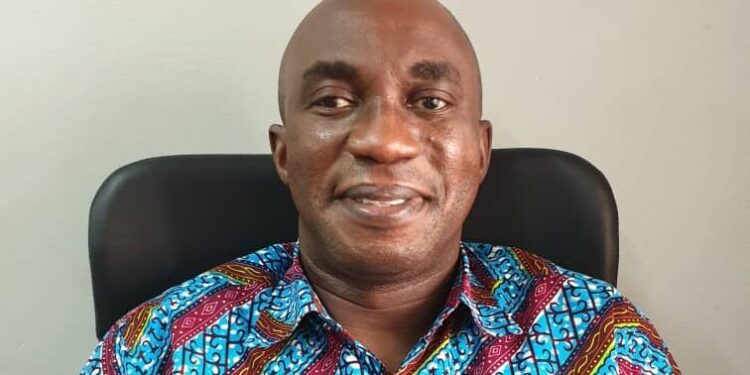Ghana is a land of rich culture, heritage, warmth and rhythm. In Ghana, one experiences nature in its pure form and warmth flows easily.
But the Chief Executive Officer (CEO) of the Sunseekers Tours, Kwame Ansong has noted that as a country, Ghana has not taken full advantage of its rich culture to promote tourism.
The businessman indicated that Ghana needs to commercialize its tourism as that will be the best way to set the country apart from the various tourist destinations in the world.
In an interview on Y107.9 FM’s Myd Morning Show with Rev Erskine, Kwame Ansong indicated that if we polish the image of our tourism sector we can position Ghana well enough to enjoy the numerous benefits of tourism.
“We can get very different seasons for our festivals and tourism by tying in the dates and getting tourists to plan well in advance for our festivals. Just imagine what will happen if we have a calendar of events.”
He furthered that initiatives such as the ‘Year of Return’ and ‘Beyond the Return’ helped commercialize Ghanaian tourism to a certain extent but there are still a lot more that can be done to push tourism to the next level.
According to him, the only festival that has been commercialized and institutionalized is the Adae Festival with the others being inconsistent and if the traditional leaders come together and institutionalize festivals with support from government, they will become huge sources of revenue to the entire country. “People coming this way are not interested in monuments but want authentic Ghanaian experiences”, he added.
He also applauded the Ghana Tourism Authority (GTA) for their work done to improve the tourism sector and declared, “the future looks bright for our industry”.
Kwame Ansong urged private players in the tourism industry to also focus on maintaining tour sites. “The year of return saw upgrades and redevelopment in various tourist locations around the country by the GTA and other stakeholders. Our maintenance culture is being addressed but the private sector also needs to focus on cultural maintenance as we own a lot of resources in the industry.
By: Joel Sanco
CEO of Sunseekers Tours reiterates the need to commercialize tourism in Ghana
ADVERTISEMENT







